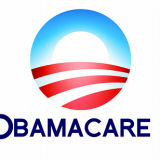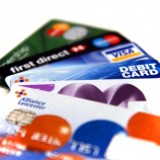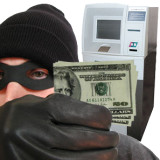A few years ago, you couldn’t use “debit card” and “good deal” in the same sentence, but now with the high rate of competition, banks are easing off a lot of their fees. In fact, with a few smart moves, you can use a prepaid debit card without any fees at all.
“We’re seeing new entrants to the market with some pretty compelling offers,” said Greg McBride of Bankrate.com. Even consumer advocates have started to take notice of the kinder, gentler nature of the debit card citing them as a real alternative for the more than 10 million unbanked U.S. adults.
According to a report from bank consultancy Mercator Group, gift card purchases dropped slightly from 2011-2012, but debit card purchases were up by 12%.
In the past, consumers were often forced to buy debit cards at grocery stores or other retail outlets without being able to see a full list of quirk fees which were sometimes only available online. But newer card issuers have adopted simplified, single monthly fee structures that are winning over customers. “We feel like these products are headed in the right direction,” said Jennifer Tescher, CEO of the Center for Financial Services Innovation. “Debit cards are becoming a mainstream product. I am quite excited about the possibilities.”
New prepaid cards come with some great benefits once limited to checking account users such as:
- Free Direct Deposit
- Monthly Fees Waived With Direct Deposit
- Free Online Bill Pay
- Some Offer Paper Checks
- Get Cash Back With Purchase and Skip the ATM Fees
- Costs are strikingly less than that of a checking account.
With all the things the debit card has going for it, there are, however, some drawbacks. They enjoy none of the standard federal consumer protections that credit do. There are no refunds for fraud and no dispute resolution requirements.
Thanks to their growing popularity with government agencies for disbursing funds, a growing number of middle-class consumers are using debit cards. A report issued last year by the Aite Group says 34% of users hold college degrees, and one-third earn more than $45,000 annually.
For more information, visit: http://redtape.nbcnews.com/_news/2013/05/15/18255097-surprise-prepaid-debit-cards-actually-a-good-deal-for-consumers?lite





